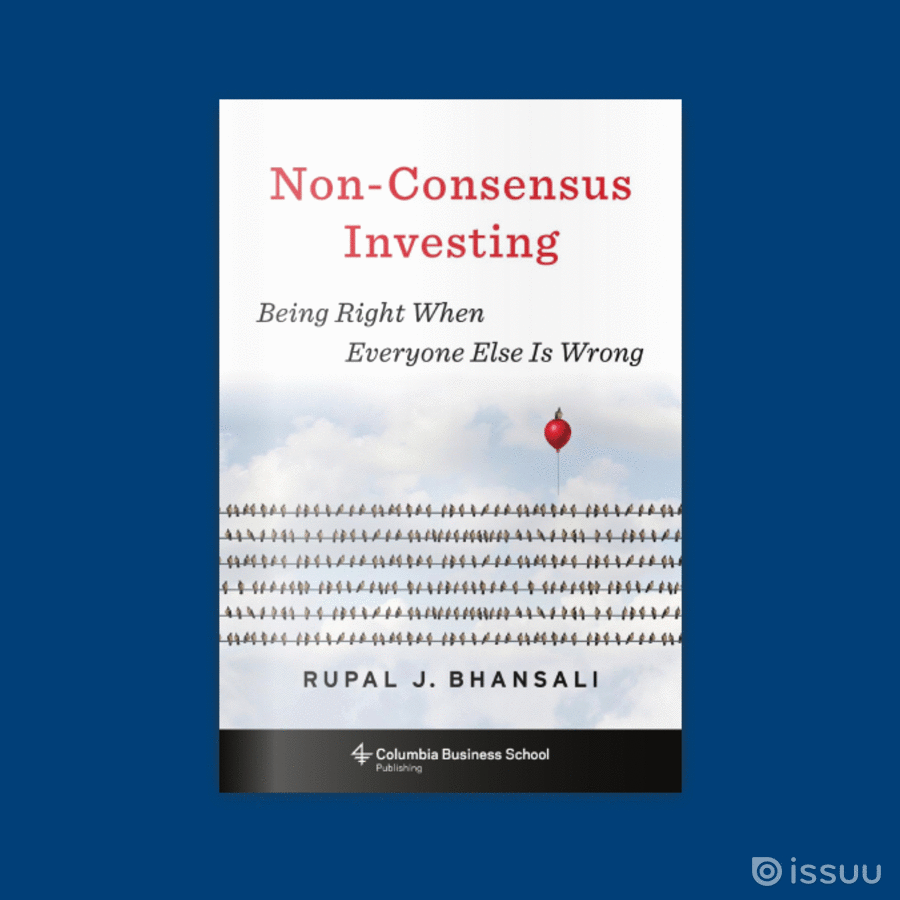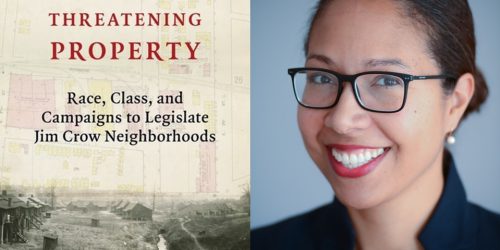The Press and Authority — Roy J. Harris, author of "Pulitzer's Gold"
“If Spotlight leaves viewers with something to think about going forward, let’s hope that it’s a more critical understanding of how we view authority figures in general — and that the journalists who monitor them have the duty to help keep them honest.”—Roy J. Harris
We conclude our week-long feature on Pulitzer’s Gold: A Century of Public Service Journalism, by Roy J. Harris Jr. with a post on Harris’s recent article on Spotlight, published on Cognoscenti, WBUR’s blog. The story of the Boston Globe’s investigation into sex abuse among priests is covered in the book’s chapter Epiphany: The Globe and the Church
In the article, Harris discusses about Spotlight‘s depiction of how the Globe discovered the cover-up of sexual abuse by Catholic priests. The film as he and others have acknowledged have put journalism in a good light and shows their power to effect change.
While the story reveals the impact journalism can have and represents a devastating critique of a powerful institution, challenges still exist. The film, as Harris describes it, offers an excellent portrayal of how the reporters came to grips with having to expose an institution that enjoyed a certain prestige and authority. Marty Baron, who was the editor at the Globe during the breaking of the story, recognizes the difficulties of covering certain institutions:
Marty Baron sees “Spotlight’s” message as extending far beyond the church scandal and the role of the press. Baron, now The Washington Post’s executive editor, noted in a recent email exchange with me that people in general — not just journalists in search of a good story — often balk at learning too much about organizations with generally favorable reputations. “Many charitable nonprofits, from arts institutions to those with a social purpose, get a pass on close examinations because they are seen as doing good. And many do good, but that shouldn’t exempt them from accountability,” according to Baron.
Yet journalists have a special challenge in breaking through the deference that surrounds such organizations and celebrities. “One reason institutions can escape examination is because they are sources for reporters,” Baron wrote. “That’s often the case with prosecutors, police and firefighters, who over the years escaped the more critical attention that their enormous power calls for. That deference has already begun to erode, as evidenced by a lot of reporting over the last couple of years.”
The other challenge that Baron cites is that reporters often get too close to their stories:
For Baron, developing the Globe’s church story fit with his long-held conviction that news organizations are often so close to certain topics that they can’t see what’s really happening. Dating to his years at The Los Angeles Times from 1979 to 1996, Baron has made note of stories that escaped coverage because reporters didn’t step back to look at the big picture.
He notes one area in particular: emerging financial crises. When he edited the LA Times’ Orange County edition, he told me, the paper didn’t see the county’s 1994 bankruptcy coming, even though “one reputable individual cautioned us that things were not as rosy as they appeared.” The paper “took a stab at it,” according to Baron. “But we didn’t dig nearly hard enough, and so we missed the catastrophic shenanigans in the county treasurer’s department [that] in the long run led to what was then the largest municipal bankruptcy in U.S. history. I took a lesson from that, constantly worrying that I’d miss a big story under my nose.”





